Types of Heat Pump
There are four commonly installed types of heat pump:
Air source heat pumps
Air Source heat pumps require an external unit. These can either be installed outside of the property or mounted via a window (see illustration right). Heat is extracted from ambient air drawn across its heat exchanger. Air source heat pumps generally tend to be cheaper than other types, due to the comparative ease of installation.
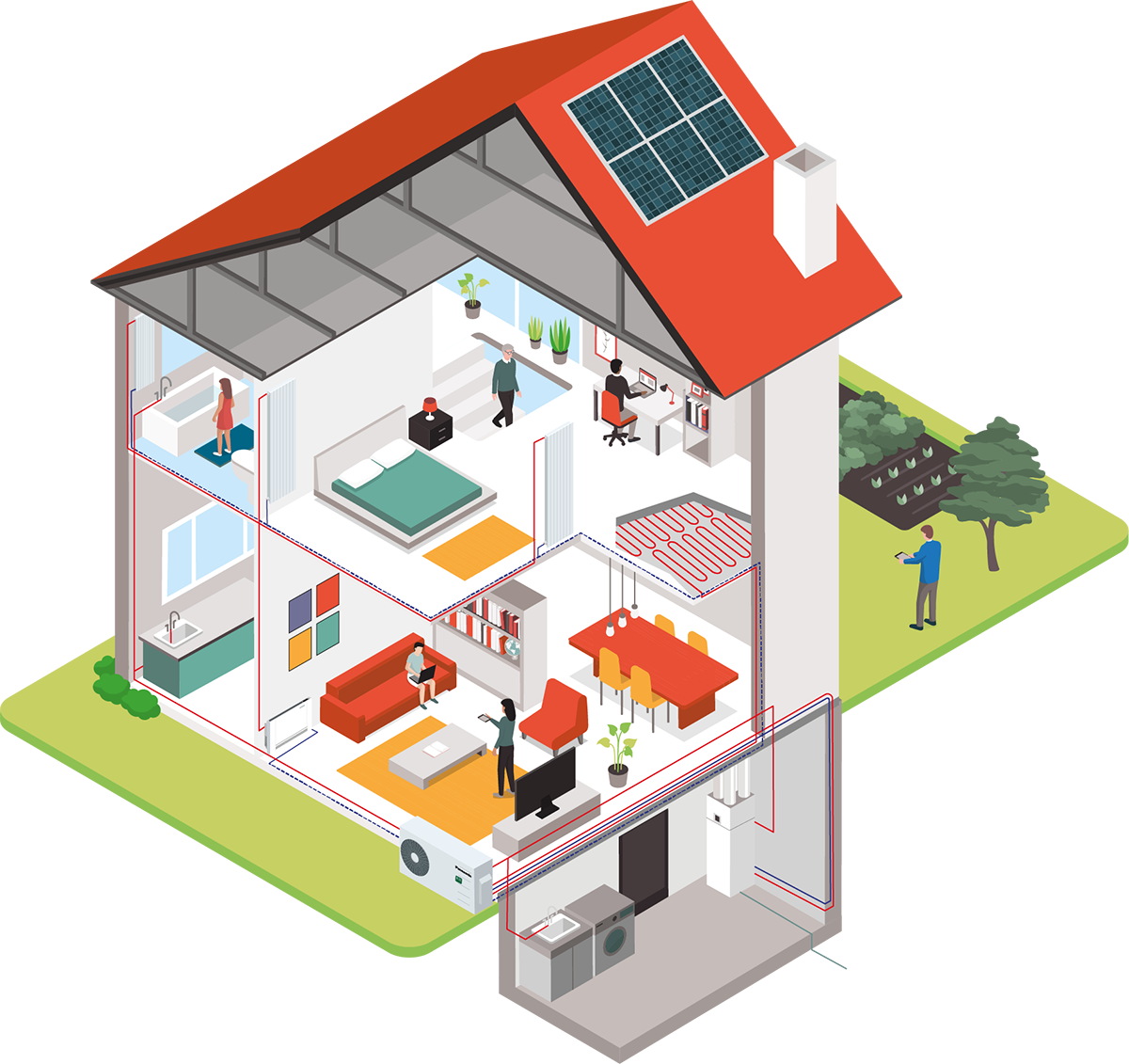
Figure 1 – Illustration of air source heat pump installation in home
Ground source heat pumps
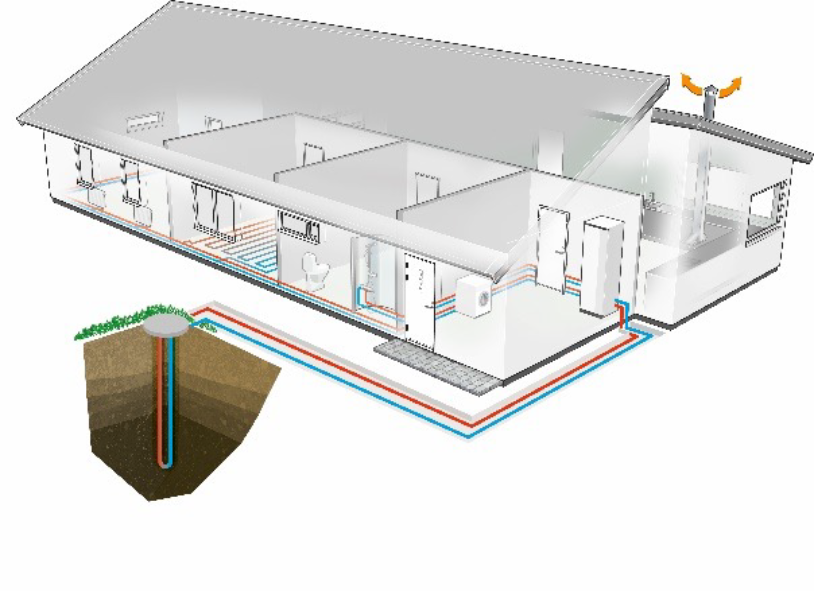
Figure 2 – Illustration of ground source heat pump installation in home with bore hole
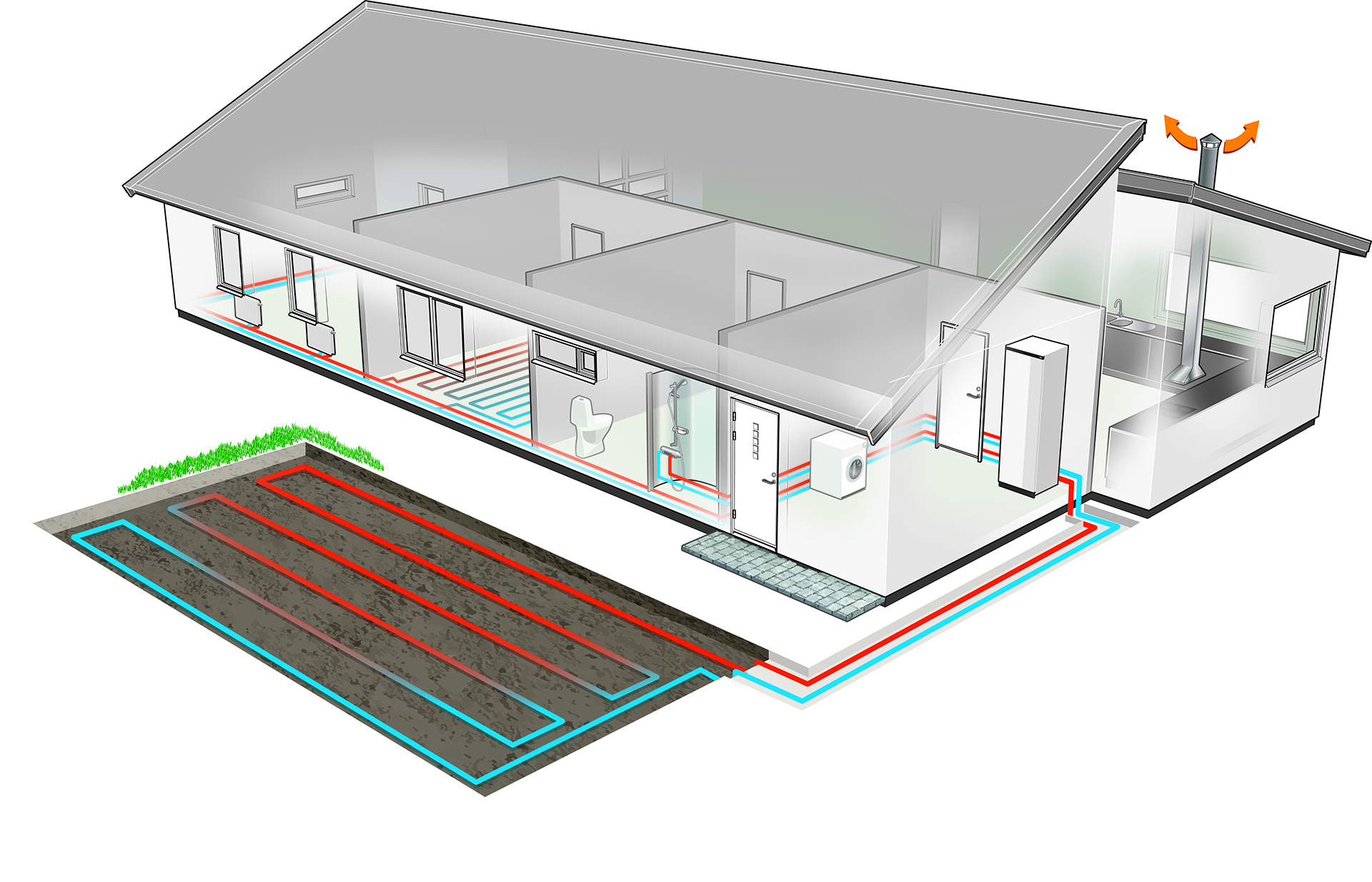
Figure 3 – Illustration of ground source heat pump installation in home with horizonal loop
Ground source heat pumps use thermal energy from the ground. The unit sits indoors but takes thermal energy from the ground. A closed pipe-work loop of water/antifreeze solution is buried in the ground, either vertically via boreholes or horizontally in trenches (coiled or straight lengths), alongside the heat pump used to extract the heat. The groundworks associated with the installation of these systems accounts for why they are often more costly to install than an air source heat pump. However, they are more efficient.
Water source heat pumps
Water Source heat pumps are similar to ground source heat pumps, in that they draw thermal energy from an external medium. There are two types of water source heat pump: closed loop and open loop. These systems use a pump to move water around a loop, drawing heat for the home. Water source heat pumps tend to run extremely efficiently, given that water is such a good conductor of heat.
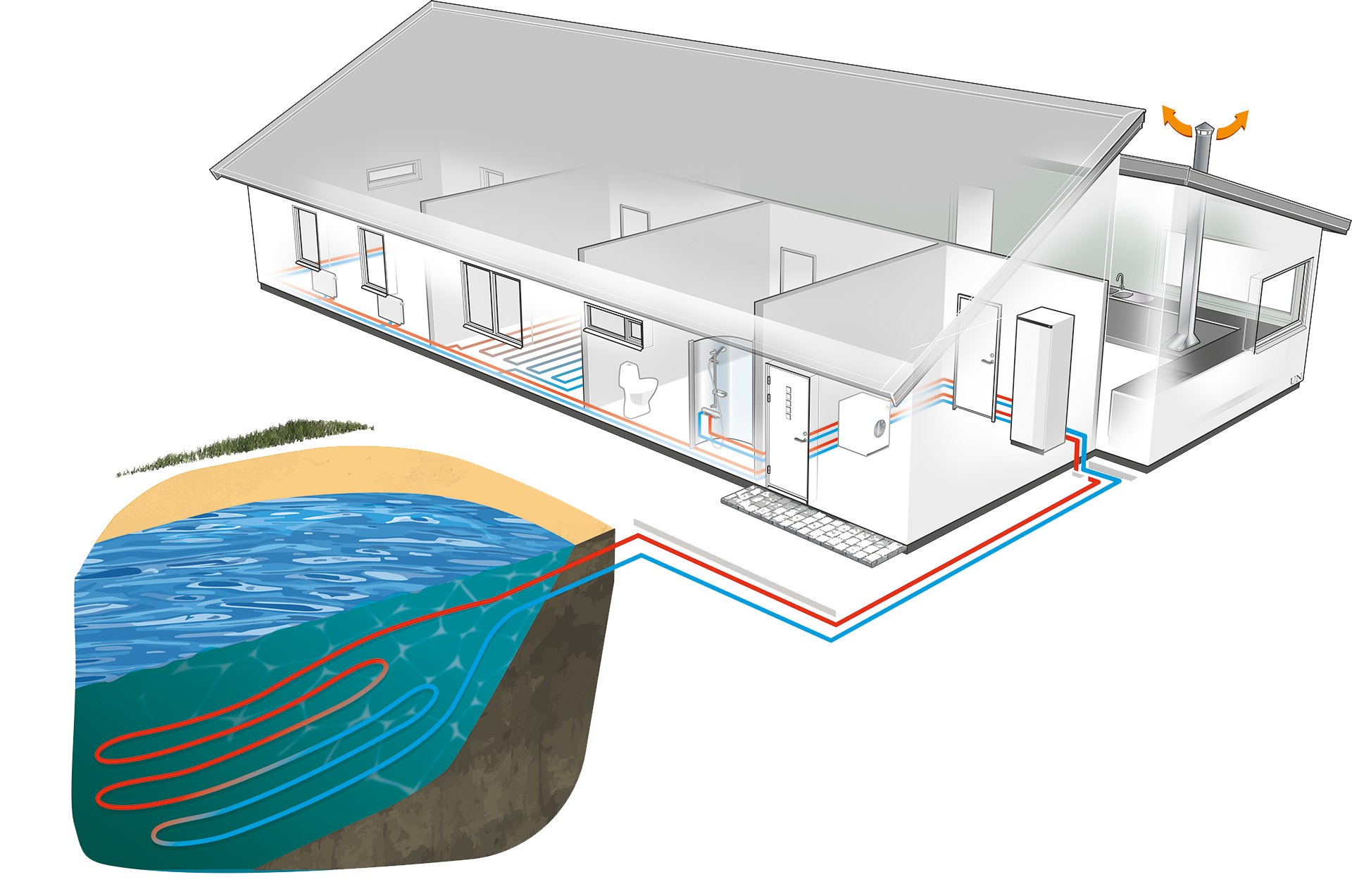
Figure 4 – Illustration of water source heat pump installation in home
Hybrid source heat pumps
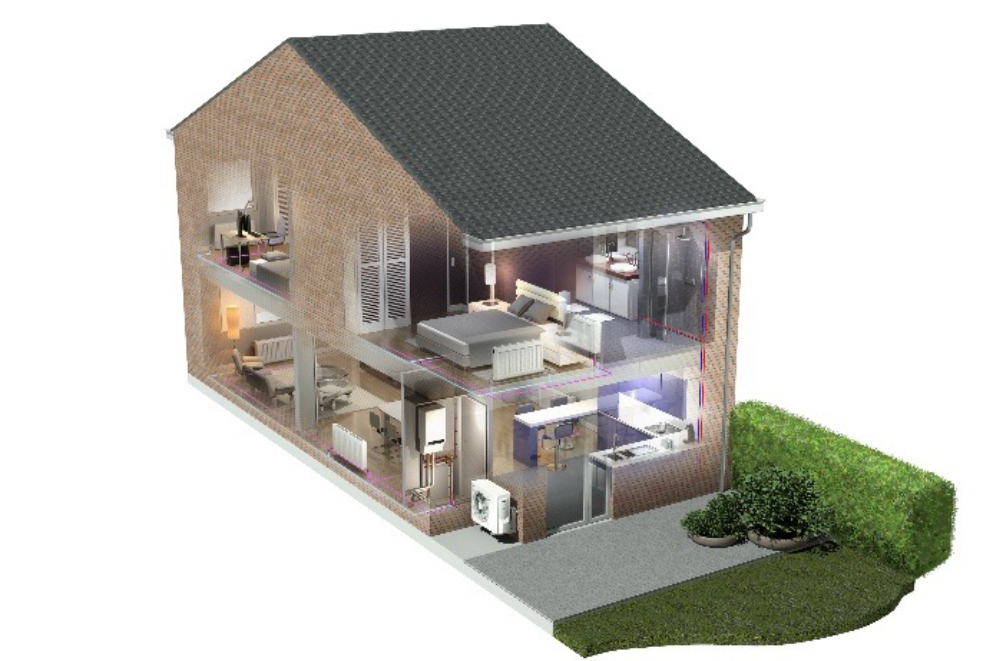
Figure 5 – Illustration of hybrid heat pump installation in home
Hybrid systems are systems where any type of heat pump is installed in conjunction with a traditional fossil fuel boiler; they are particularly useful for harder to heat properties. In a hybrid system, the boiler acts as a turbo to boost the heating during the coldest periods of the year, giving you the best performance of a heat pump and a traditional boiler.
